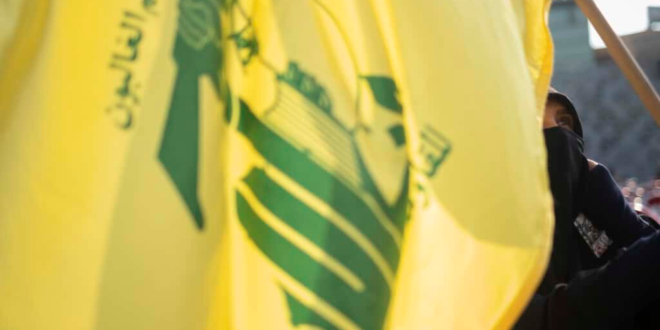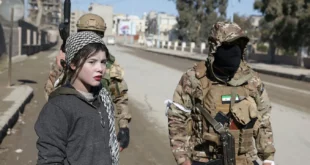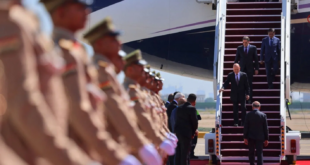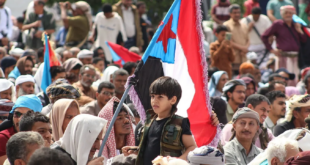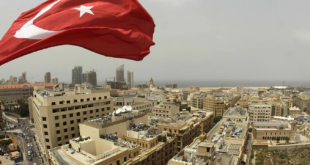Hezbollah was supposed to be Tehran’s insurance policy if Israel contemplated attacking Iran — the group’s massive arsenal either deterring the Israelis or, failing that, acting as the Islamic Republic’s first line of response. But so far, even after the intense bombardment of Iranian targets as part of Operation Rising Lion, Iran’s star proxy is only offering rhetorical solidarity, its Secretary-General Naim Qassem’s official statement indicating Hezbollah is awaiting orders rather than rushing to join the fight.
Hezbollah Cannot Fight Israel Now
The Israelis inflicted a significant and unprecedented defeat upon the group during their recent war. They have eliminated most of Hezbollah’s top military and political leadership and a significant percentage of its missile stocks — though estimates vary on exact figures. The Israelis have barely let up since, targeting the group’s remaining assets and critical personnel almost daily. Hezbollah is therefore in no state to fight Israel, and renewed war would likely allow the Israels to further degrade the group.
Lebanon’s Domestic Conditions Weigh Against Hezbollah
Lebanon’s domestic mood is also restraining Hezbollah. Most Lebanese — at least 70 percent — don’t trust the group and have raised post-war calls for its disarmament. But the Lebanese have otherwise remained passive, while Beirut’s officialdom continues to treat Hezbollah as an integral part of Lebanon’s society and politics. Restarting the war with Israel now, especially so soon after the last conflict, could transform Lebanese displeasure into active anger and disarmament efforts, especially if the Israeli war effort further weakens Hezbollah.
This anger could very well seep into Hezbollah’s Shiite support base, which suffered the most during the recent war. Aside from a hardened core, most of the group’s supporters are not religiously committed Khomeinist ideologues. They support Hezbollah for its promise to improve their lives, their sect’s domestic standing, and for its efforts to protect them from threats, including Sunni jihadist groups but especially the Israelis. Their tolerance for the group’s purely ideological wars, to “liberate Palestine” or to defend Iran, is therefore limited. So, if Hezbollah provokes Israel instead of following through on its promises to rebuild its supporters’ war-damaged homes, this base could very well abandon the group. That would leave Hezbollah exposed to the efforts by the Lebanese civil and military authorities to disarm them without fearing a civil war.
Iran Will Ultimately Decide Hezbollah’s Next Steps
Hezbollah’s fundamental loyalty is to Iran’s supreme leader. But while it is a messianic theocracy, Tehran can also be pragmatic and calculating. Above all, the Khomeinist regime wants to survive — and to ensure the survival of its proxies — to continue spreading its revolutionary ideology and regional influence.
Iran is unlikely to order Hezbollah, in its current state, to enter the fray and risk losing the group entirely. That could change if the Iranian regime feels its existence to be threatened. Iran could then order Hezbollah and its remaining proxies to attack in a desperate attempt to force Israel to desist or merely to inflict as much harm as possible upon the Israelis before the regime succumbs.
But Israel has said it is not pursuing regime change or seeking to assassinate Iran’s top political echelon. Its war effort, instead, is focused on Tehran’s nuclear weapons program and ballistic missiles arsenal.
Washington can take advantage of Hezbollah’s demonstrable vulnerability without intervening or escalating the conflict by financially and politically squeezing the group. Washington should pressure Lebanon to precondition reconstruction aid on Hezbollah’s disarmament. It should also expose and sanction any Hezbollah foreign donors or financial streams, even low-level employees of known financial or social service arms, like Al Qard Al Hassan, Jihad Al Binaa, and WaTaawanou, and the group’s domestic allies. Finally, Washington should provide Israel with necessary weapons stockpiles to deter Hezbollah from attacking or to further degrade the group if it does.
 Eurasia Press & News
Eurasia Press & News
